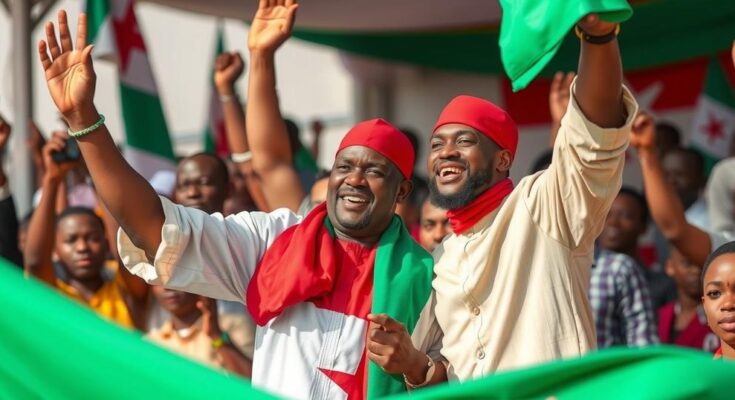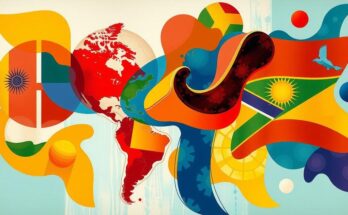Chad’s ruling Patriotic Salvation Movement has won a strong majority in parliamentary elections held in December, winning 124 out of 188 seats despite a boycott by opposition parties. This election, the first in over a decade, is seen as a consolidation of President Mahamat Idriss Déby’s power, with a reported voter turnout of 51.5%. The opposition criticized the election as lacking credibility, citing concerns raised during previous electoral processes.
In December’s parliamentary elections, Chad’s ruling party, the Patriotic Salvation Movement (MPS), secured a decisive majority, winning 124 of the 188 available seats. This outcome is pivotal for President Mahamat Idriss Déby, as it consolidates his political authority following the military takeover in 2021. Despite the boycott by over ten opposition parties, including the prominent Transformers party, the commission reported a voter turnout of 51.5%. This election marked Chad’s first parliamentary vote in more than a decade, amid ongoing security challenges in the region, notably from Boko Haram. The president posited that the election results would initiate a long-desired decentralization of power, although the opposition continues to view the electoral process with skepticism, branding it a “charade.”
The parliamentary election in Chad is a crucial milestone in the country’s transition to a democratic governance structure. Following the death of long-time ruler Idriss Déby Itno, his son, Mahamat Idriss Déby, has been at the helm since 2021 and secured a disputed presidential victory last year. The current election represents the final phase of this transition, despite criticisms regarding the credibility of the electoral process, particularly from the opposition parties that chose to boycott this key political event. The challenges posed by regional security threats further complicate the political landscape in Chad.
In summary, the ruling Patriotic Salvation Movement’s substantial victory in Chad’s parliamentary elections strengthens President Mahamat Idriss Déby’s hold on power, amidst ongoing challenges and opposition boycotts. While the government claims this electoral success will promote decentralization, skepticism remains regarding the legitimacy of the process. The political future of Chad is likely to continue to grapple with both internal divisions and external security threats.
Original Source: www.rfi.fr




